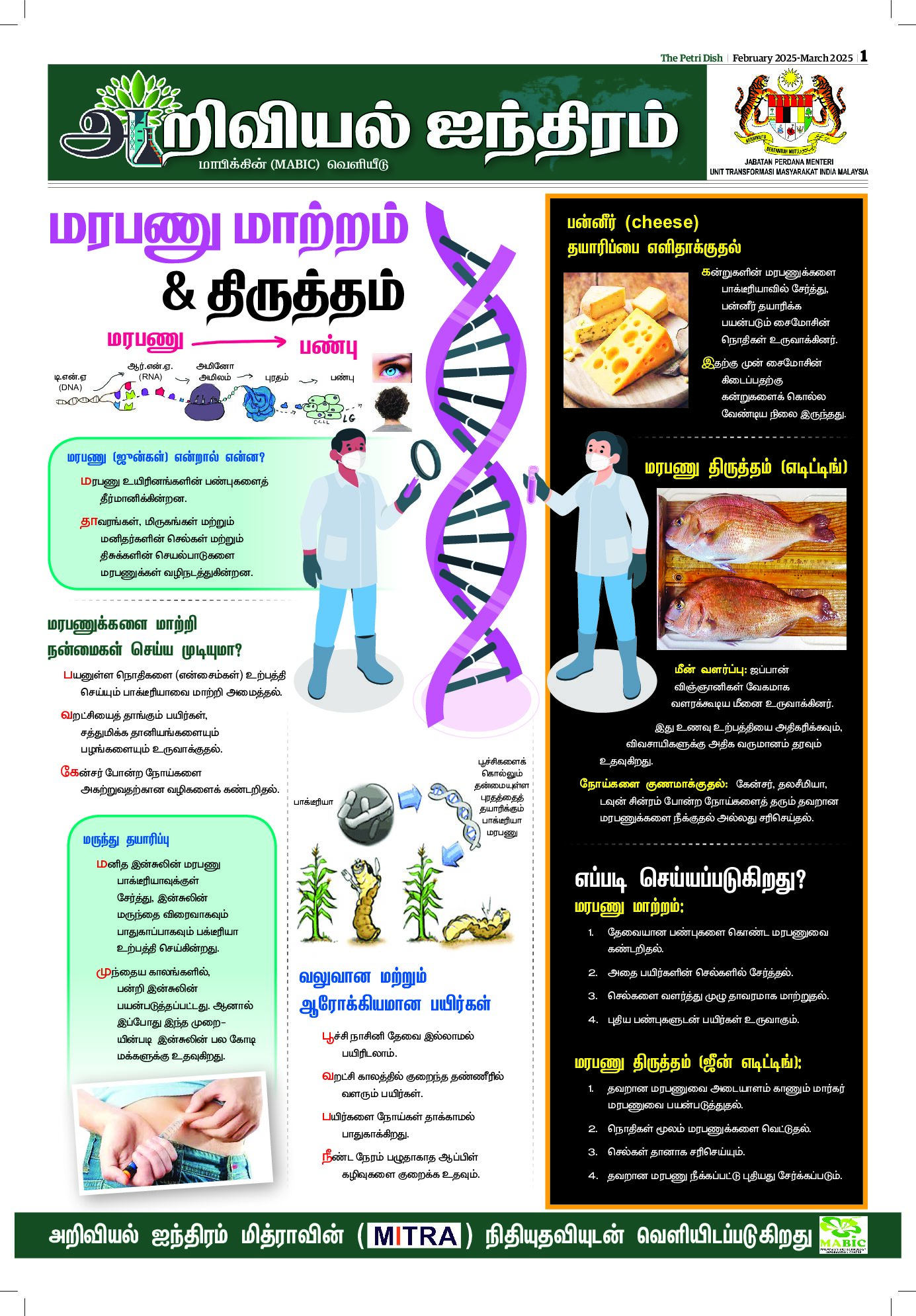FACING childhood cancer is never easy. It becomes a devastating journey when a loved one, especially if your child is diagnosed with life-threatening cancer.
Parents with a cancer-stricken child face several daunting challenges – one of which is dietary concerns. Let’s walk through this topic and handle it together!
Food is medicine. Consuming a balanced diet during cancer is important as well-nourished children will be able to cope better with their treatment regimen. A balanced diet consists of a variety of foods in appropriate amounts to meet daily nutritional needs.
According to interventional studies, nutrition plays a key role in supporting the recovery of healthy body tissues, which may have been adversely affected by chemotherapy or radiotherapy. Additionally, nutrition supports the overall growth and development of children, providing the energy and nutrients for these essential processes. Below is a list of nutrients contained in different foods along with their function.
Calories
Undergoing cancer treatment commonly results in a moderate loss of body weight. Consequently, children with cancer may require an increased calorie intake, ranging from 20% to 90%, compared to a normal child.
To prevent malnutrition, a higher intake of energy should be considered in this situation, as children find it difficult to consume a large amount of food. Studies have proved that the consumption of higher energy-giving food can stabilise the child’s body weight. This can be achieved by feeding the child with carbohydrates (such as potatoes, rice, bread, chapattis, crackers, and pasta) and fats such as vegetable oils like olive and coconut oils as well as peanut butter.
It must be noted that starchy foods serve as the main source of energy, providing the body with fuel for optimal organ function, while fats contain fat-soluble vitamins.
Protein
Cancer can significantly increase a child’s demand for protein to facilitate the body’s repair and healing processes. Adequate protein intake is crucial to keep muscle mass, as cancer triggers the depletion of muscle tissue. It happens due to the disruptions in metabolism and the impact of treatments.
Furthermore, the immune system and protection against infection can be enhanced by higher protein intake. Hence, for children with cancer, insufficient protein intake may prolong the recovery period and weaken their ability to resist infections. Examples of proteins include meat such as poultry and lean red meat, fish, eggs, soya products (tofu), and nuts. Dairy products also contain protein, such as pasteurised milk, cheese, and yoghurt. Food served to children with cancer should be well-cooked to eliminate bacteria that can impact the immune system.
Omega 3
The immune system plays an important role in cancer. Studies have shown that omega-3 fatty acids can enhance the function of the immune system, prevent the onset of carcinogenesis and reduce infection risk. It can also prevent the appearance of tumour cells and improve the general health of individuals with cancer.
Additionally, it can help with the impact of chemotherapy during the treatment cycles. Omega-3 is an essential fat, meaning it should be obtained from the diet since the human body cannot produce it. Examples of foods rich in omega-3 include anchovies, Omega-3-enriched eggs, mackerel, sardines, and spinach.
Fruits and vegetables
A large amount of vitamins, minerals, and antioxidants can be found in fruits and vegetables. These nutrients can speed up the recovery process by boosting the immune system. Additionally, they also contain fibre that could maintain digestive health. Children may need to increase the intake of fibre when they have constipation as the effect of cancer treatment.
Water
It is important to keep your children hydrated. Yet, you have to be careful with what kind of water that you let them consume. Tap water (including ice from un-boiled water) and other unpasteurised beverages (including milk, fruit and vegetable juices) should be avoided.
These types of beverages might contain bacteria that could impact the immune system.
Providing nutritious food for cancer children daily helps in their fight against the disease. All of these nutrients function together and will support the treatment, recovery and overall health of children with cancer.
NOTE: This article was written by Saskia Vida Sadmego (Postgraduate Student Master of Science in Clinical Nutrition Students of Universiti Kebangsaan Malaysia)












